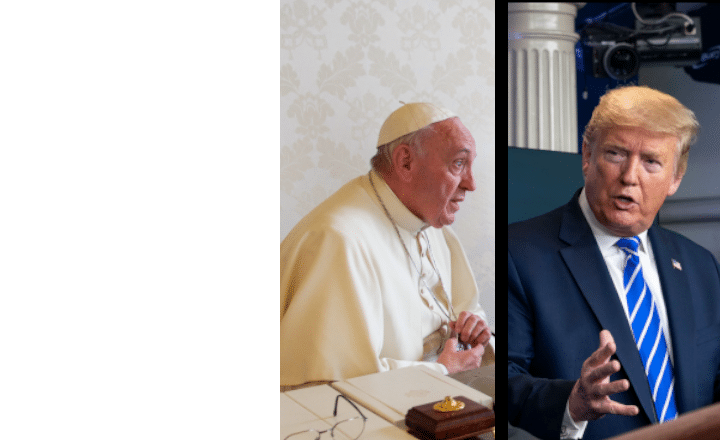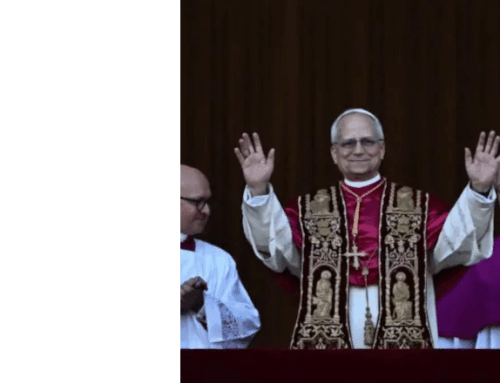On the eve of the inauguration of President Donald Trump, Pope Francis called him a “disgrace” for pledging to deport illegal aliens. The pope said that doing so “makes poor wretches, who have nothing, pay the price for the imbalance.”
If the typical illegal alien were a “poor wretch” who owns “nothing,” the Holy Father’s criticism would have merit. But such is not the case. To be blunt, his understanding of who these migrants are is flawed.
Historically, the poorest of the poor are rarely, if ever, the ones who migrate from poor countries to rich countries. Quite frankly, the poorest of the poor are so undernourished, and physically disabled, that they don’t have the stamina to migrate. It’s those who don’t share these characteristics who migrate.
This observation is backed up by the social science. Oxford economist Paul Collier has spent much of his career studying the poorest people on earth. A summary of his work found that “Those who seek entry to wealthy countries are rarely the poorest of the poor; they are those with the resources and skills necessary to migrate.”
This is certainly the case with those who have been crashing our southern border.
Migrants who are truly poor can’t afford cell phones. But many of those who have made their way to the U.S. come with them. If they don’t have one, U.S. taxpayers pay for them: we are spending over $100 million a year supplying hundreds of thousands of illegal aliens with a smartphone. Moreover, if these migrants owned “nothing,” as the pope says, why is it that millions of them have money to pay the drug cartels, gangsters who exploit them in their quest for entry?
If these migrants were as poor as the pope thinks they are, why is it that most of them (54 percent) have a high school education or beyond? According to statistics provided by Migration Policy, 24 percent of “the unauthorized population” have a high school diploma or equivalent; 12 percent have some college or associate’s degree; 18 percent have a bachelors, graduate, or professional degree.
In terms of family income, 74 percent are at or above the poverty line. Indeed, 43 percent make at or above 200 percent of the poverty line. These are not “poor wretches.”
Americans are a generous people, but they don’t like to be played. Public officials, and those who police the border, have often noted how widespread the game of ripping off the taxpayers is. Even President Biden’s Homeland Security Secretary, Alejandro Mayorkas, recently admitted that “The reality is that some people do indeed try to game the system.” These are not “poor wretches.”
A Pew Research Center survey found that almost 8-in-10 Americans (78 percent) believe that immigrants living illegally in the U.S. should not be eligible for public assistance. Also, “Majorities say immigrants living in the U.S. illegally are making things worse when it comes to public resources such as housing, education and health care (66%), crime (63%), and the economy (54%).”
Where is the compassion for these Americans?
Those who have come to America illegally are not a monolithic demographic. Some are fairly well off, some are not. Some are good citizens, some are not. Some are honest in their quest for citizenship, and some are gaming the system.
A prudent approach to the problem of illegal aliens requires that some basic distinctions be made. It also behooves us not to see them as “poor wretches” who own “nothing.” Indeed, this is true of almost none of them.







